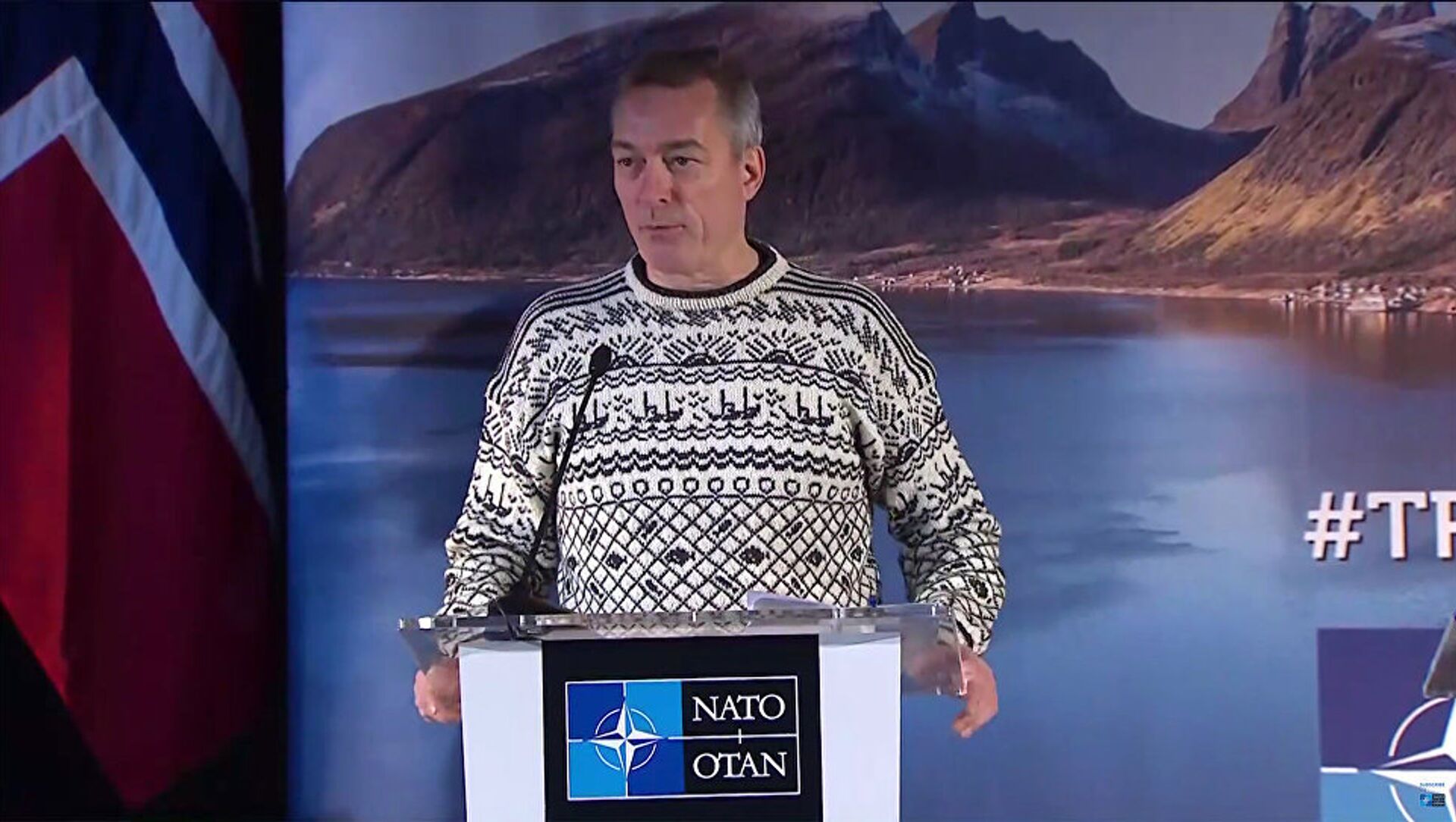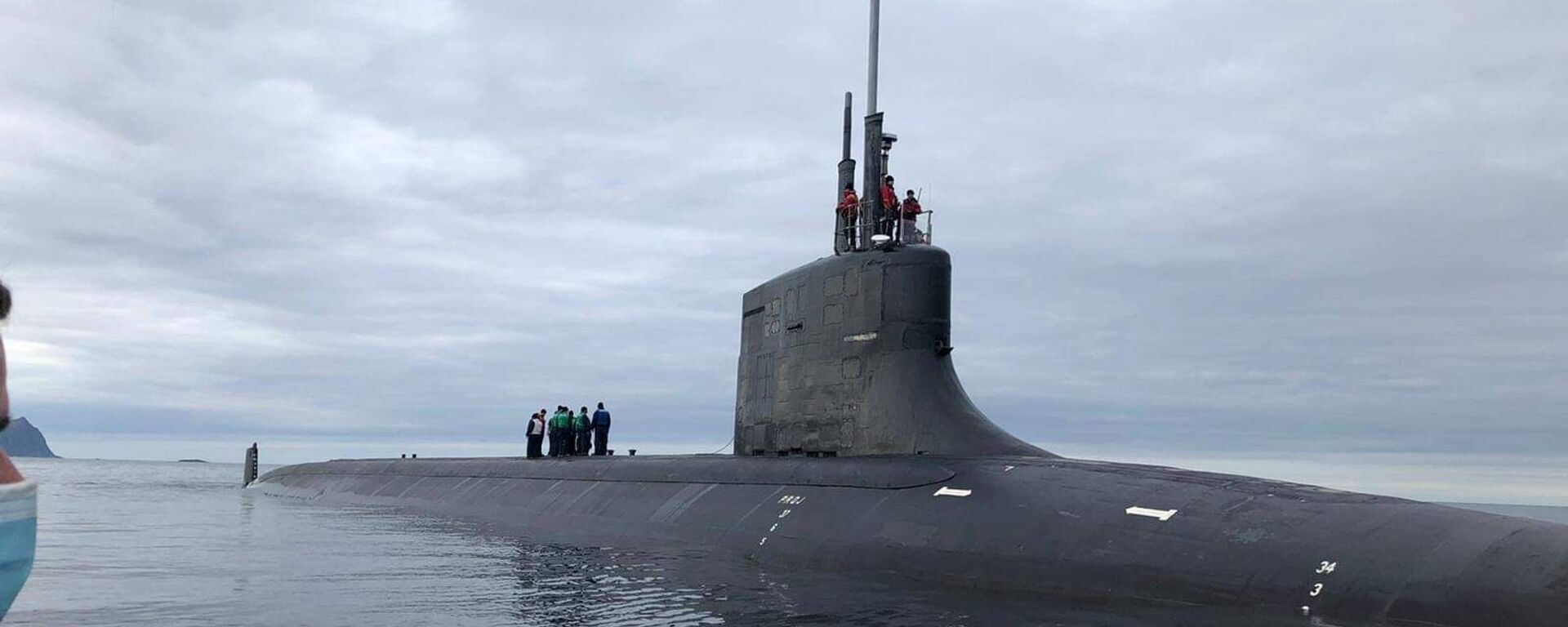Norwegian Defence Minister Frank Bakke-Jensen has plunged head first into a debate surrounding port calls by NATO nuclear submarines to the Arctic city of Tromsø, which according to analysts and critics alike, endangers the city's position by making it a bomb target.
Previously, Russian military expert and editor-in-chief Alexei Leonkov warned that a nuclear submarine in Tromsø's harbour automatically makes it a prime target, thus making Norwegian territory more vulnerable.
This idea was largely shared earlier this week during protests against a port call by the USS New Mexico, the first one by a nuclear submarine since 2007, as well as opposition politicians such as Reds leader Bjørnar Moxnes who reiterated his claim that this increases the risk of Tromsø becoming a military target.
Yet, according to Bakke-Jensen, this is proof of Russia trying to gain a veto right over Norway's security policy.
"There is no reason for Russia to react with the rhetoric they are doing now, but they are trying to isolate us from our allies and they are trying to gain a veto right when it comes to security policy in the north", Frank Bakke-Jensen told national broadcaster NRK.
He also shot down the idea the expanded cooperation with NATO in general and the US in particular, which includes the port calls, implies any increased risk.
"The biggest risk lies in if we lack a good situational understanding of what is happening in the surrounding areas. But when we sail in the north, fly in the north, when we put in our capabilities to understand what is happening in the north, then we reduce the risk", he ventured, adding that these measures contribute to better intelligence and deterrence.
"No, we think that we balance that risk with openness about the exercise pattern in the north, about who is involved, what exactly we drill and where", Bakke-Jensen said.
Overall, he concluded that there is nothing new about such port calls. "We have had them for all these years, even though there was a break for a few years", he said.
The port calls that left the local public deeply divided and apprehensive due to an Armed Forces report that warned of consequences including "death, damage to health over time, or radioactive harm to nature and the environment", come in the wake of other US reinforcements.
Earlier this year, US bombers were stationed at the Ørland Air Base. Last month, Norway and the US signed a framework agreement on expanded military cooperation.
Norway's broadening cooperation with the US, which also includes radar facilities and rotary presence of American marines, has soured relations with Russia amid reciprocal spying accusations, military jet interceptions, and harsher rhetoric.





